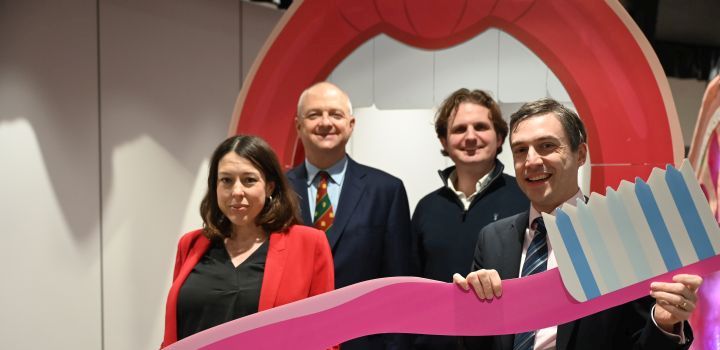HealthUEA publishes women's health collection
By: Communications

This Women’s Health Month, HealthUEA has invited experts from across the University to explore various aspects of this field. These valuable insights from our researchers will help to increase public knowledge in an area of study which has historically been under-researched and under-discussed.
In the collection, Dr Jo Bower (School of Psychology) investigates the effects of the menstrual cycle on sleep. She describes how the higher prevalence in insomnia amongst women, compared to men, has a detrimental effect on positive emotions, suggesting that mood disorders may be connected to the menstrual cycle through both changes in sleep as well as hormones.
Dr Lorna Richardson (School of Art, Media and American Studies) looks back at her research into the online expression of endometriosis pain. She highlights the support network provided by forums such as Reddit, where communities come together in subreddits to share their experiences.
Elsewhere in the collection, Dr Rita Issa (School of Global Development) discusses the relationship between extreme weather events and gender-based violence, exposing the increasing frequency of violence after natural disasters and its effect on various aspects of women’s health.
Adding context to her lecture on ‘Menopause for All’, Prof Anne-Marie Minihane (Norwich Medical School), answers questions about the menopausal transition, shining a light on its effects and treatment, and the societal and governmental handling of this much misunderstood life stage.
The ‘Understanding Women’s Health’ collection highlights the incredible research being undertaken in this field at UEA. Explore the collection.
Related Articles

UEA’s new high‑tech anatomy suite on schedule to open to students in September 2026
The University of East Anglia’s new high‑tech anatomy suite is on track to open to students in September 2026.
Read more
Norfolk MPs call on Government to urgently prioritise ‘underserved’ dental areas
A group of Norfolk MPs, all representing different political parties, have come together to call unanimously for the Government to prioritise the East of England in dental training.
Read more
UEA launches study after supplement shows promise in professional racing drivers
Researchers at the University of East Anglia (UEA) are launching a new study to see whether American ginseng extract could boost brain health.
Read more